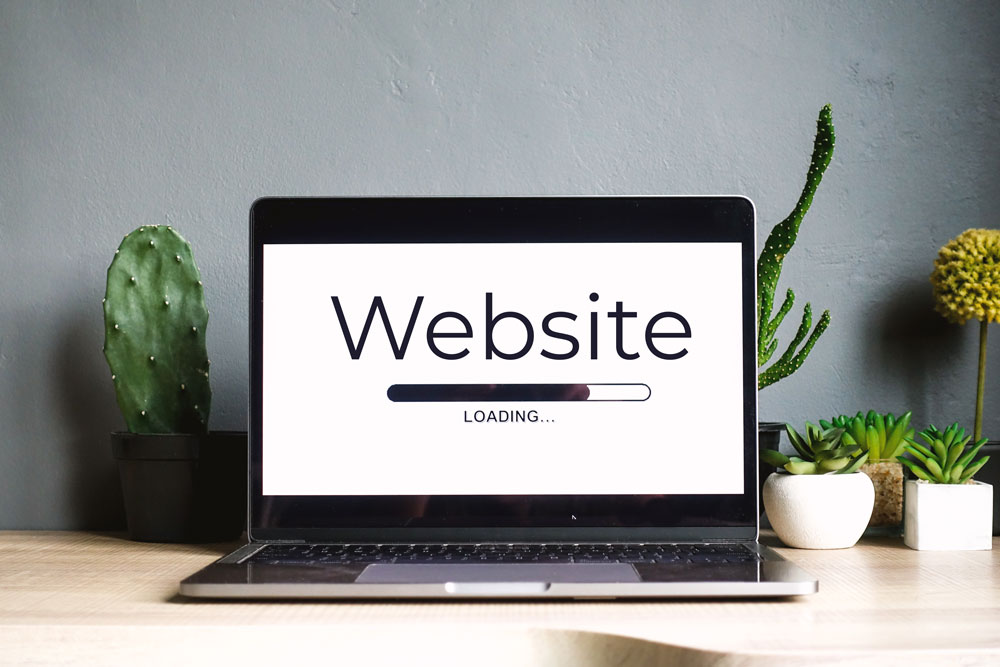Introduction
The time it takes for your website to load can be very important for keeping customers engaged and maximising your sales opportunities. Here are a few statistics which might be quite eye opening for you:
49% of internet users expect a webpage to load in 2 seconds or less.
The probability of a visitor bouncing increases 32% as page load time goes from 1 second to 3 seconds.
38% of visitors will leave a site which takes more than 5 seconds to load.
In a Google Webmaster video with Maile Ohye (Developer Programs Tech Lead), she states that “Two seconds is the threshold for ecommerce website acceptability. At Google, we aim for under a half-second.” Half a second might be ambitious for most websites, but in today’s world it’s clear that customers have high expectations.

Why speed matters
1. Visibility / SEO
Since 2017 Google has been using web page load speed as part of their ranking algorithms. So if you have a slow website, you’re going to struggle to get to the top of Google and it will be more difficult for new customers to find you.
2. Customer Loyalty
A better performing website will provide a more enjoyable experience for your visitors, and if your visitors enjoy the experience they are likely to come back again. Therefore, creating a great user experience with a good performing website is a way for building a large customer base and a strong brand.
3. Sales Conversion
Have you ever tried to buy something from a website which takes ages to load? It’s incredibly frustrating and could make you worry about if the seller is trustworthy. The bottom line here is that the slower your website, the less likelihood that people are going to buy your products and services.
How to check the speed of your website
There are lots of free tools and websites available to measure how quickly it takes for your website to load, including Google who offer a quick and easy web performance analysis. All you have to do is copy and paste your website url and press go for an instant result.
Pingdom also offer a very good tool for this which is completely free.

Why is your website slow
There are several reasons why your website might not be running at the optimal speed. Here are some of the most common issues we find when helping our customers.
1. Large files
One of the key factors which determines the speed of a webpage is the amount of data which needs to be downloaded. Often websites will contain images which are not optimised and videos which are very large files. Unless the visitor is using an ultra fast internet connection, it’s going to take time for their computer or mobile device to download the data. Also bear in mind that over 50% of internet traffic is now on mobile devices.
2. Bad hosting
Websites are stored on a server which is usually hosted by an external service provider. There are a wide range of options available when it comes to paying for this service and you can even get it for free. However, if you have decided to cut costs in this area then it may be the root of your issues when it comes to your slow performing website.
3. Coding issues
Behind the scenes of your website there are numerous lines of computer code and the way this code is written can make a big difference to how your website performs. By tidying up the code and removing any unnecessary elements you should see a reduction in the overall file size and therefore an improvement to the load time speed too. This is a process known as minifying.
4. Excessive HTTP Requests
Every time you have a new visitor to your website, their browser performs several HTTP requests to load JavaScript, CSS and image files. If you have too many of these elements included on your website it can affect your website performance so it’s a good idea to keep these to a minimum.
How to improve the speed of your website
By looking into and resolving the issues described above, you can significantly improve the speed of your website. If you are not comfortable or able to tackle these elements yourself it may be worth hiring a specialist to do it for you.
KIKLAB are experts at website development, design and maintenance with a wealth of experience at helping clients improve their websites. If you’d like to find out more about how we can help you, here is a case study about one of our clients called Equilibrium Security.

Conclusion
Speed matters! If your website is too slow, it will affect the user experience and make it less likely that they’ll purchase your products and services. Google suggests that websites should load in less that 2 seconds and if it takes more than 5 seconds you’re going to lose a lot of visitors before they’ve even seen your content.
There are a number of things you can do immediately to improve the performance of your website like reducing file sizes, using better hosting and minifying the website coding. If you’d like any help with this, then please feel free to get in touch.


